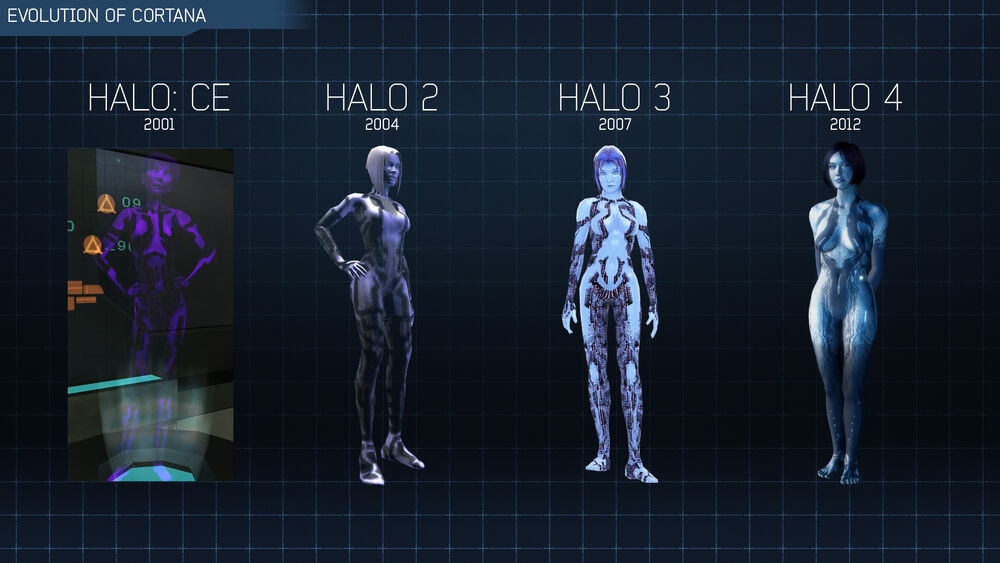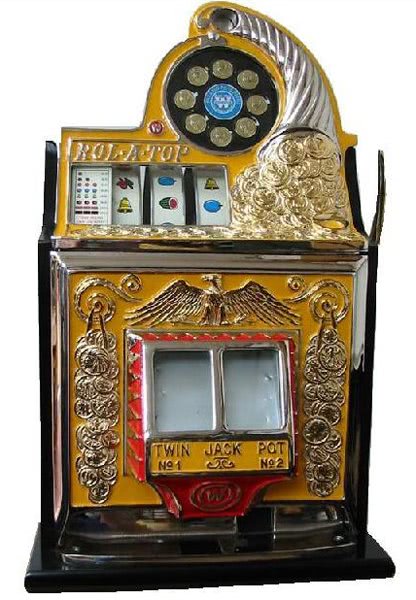Achilles Heal
We all, I hope, have characteristics which when used to define us to others, would completely scupper what little social aspirations we have. For instance: if others knew the amount of time I have spent in single sittings browsing the Warhammer 40K or the Halo wikis, people might skirt my company more than usual. My weakness is for the bombast and hyperbole of such things. Maybe I need a support group. |
| You know what's interesting about the Flood combat form? |
For the uninitiated (where initiation seems to be expressed in the outlay of both money and time) the Halo and Warhammer 40K settings provide the scenic backdrop for a video game series and a table top miniature wargame respectively.
Neither game actually needs the vast, vast, lore that each possesses. The actual player actions revolve around killing, dominating and winning. Chess has done fine without a backstory.
But it's more exiting when there are 7 foot tall space marines striding into battle in power armour. When stakes are galactic, when whole worlds fall or stand in one desperate moment as the inhuman hordes advance. When the ordinary troops can't survive in the face of the onslaught, and things even look desperate for your super human troopers: sacrifices are made, grim determination is a feature on every face, and ammo runs low.
Oddly though the above works for both settings. And that's what's got me thinking recently. Fine all of this is sugar and drama for games which would function fine without any of it. They might lack spectacle, but the actual mechanics from a players point of view would be unchanged. Why the similarities?
Neither game actually needs the vast, vast, lore that each possesses. The actual player actions revolve around killing, dominating and winning. Chess has done fine without a backstory.
But it's more exiting when there are 7 foot tall space marines striding into battle in power armour. When stakes are galactic, when whole worlds fall or stand in one desperate moment as the inhuman hordes advance. When the ordinary troops can't survive in the face of the onslaught, and things even look desperate for your super human troopers: sacrifices are made, grim determination is a feature on every face, and ammo runs low.
Oddly though the above works for both settings. And that's what's got me thinking recently. Fine all of this is sugar and drama for games which would function fine without any of it. They might lack spectacle, but the actual mechanics from a players point of view would be unchanged. Why the similarities?
Lore of the World
While I kissed goodbye to everything Warhammer 40K decades ago - everything that is but the wiki - I am still an active video game player. And this is my story.
No! Sorry, dealing with this stuff and the tropes just take over. Recently I've finished Halo 4 (the adventures of Spartan II Super Soldier John 117 and his sassy naked AI sidekick Cortana) and Mass Effect 3 (the adventures of Human super soldier Shepherd and his sassy naked AI sidekick EDI) because of my achilles heel, I can't stop thinking about the lore of the world!
 |
| The look changes, the clothes don't |
 |
| Why wouldn't a robot have boobs? |
Monolithic Forerunners
 |
| It's all gone a bit War of the Worlds |
Both meddled in Human evolution. Both seem to have only had one style of architecture, one culture, and they seem to have spent their entire time burying MacGuffins everywhere!
Everything you could ever want is in some alien ruin. But they all look the same. And it's always a super weapon of some sort, just like real life archeologists find in those Roman digs all the time. Often it still works, but no one can understand why. In fact, as a rule, whatever you have, it is nothing compared to what a long dead alien civilisation had. Their panini were out of this world. Yet they're all dead, so what's with that?
In fact, on that subject, in both cases, both races got wiped out by a team of extremely good forensic scientists who knew how not to leave a trace! Shame they didn't do the dinosaurs in, we could have spared ourselves some fruitless controversies.
Human ineptitude
Both games have a love hate relationship with the human race (don't we all?). One area where they really lay it on thick is when it comes to technological advancement. Too often for my liking I go to the future and find out it's built on the ruins of an ancient civilisations whose technology we've stolen, yet not eclipsed. In fact all our future cutting edge technology is currently buried underground, on Mars. Makes sense, Star Wars was a long time ago in a galaxy far, far away.
Sometimes I half expect them to announce that the recipe for pizza was found in the some half damaged Prothean/Promethean archive. And these archives are huge! What's wrong with a USB stick? In fact on that note, why is it that we only ever seem to find plans for spaceflight and laser weapons in these places (and/or the MacGuffin that dictates the direction of the remaining quest).
| Alien archive - geddit? |
It's kind of weird isn't it? We've managed to innovate and develop fine so far without alien ruins, but somehow we'll never make the next step in these games if we don't find an alien artefact. It might be more fun actually being a space age Indiana Jones tracking down these artefacts before space Nazis get them!
I wonder whether some of these writers are sitting there searching for proof that Microwaves were invented by aliens. Maybe SETI receives and disseminates all the plans? Maybe Steve Jobs was a grey?
 |
| If Microwave Ovens aren't secretly based on alien technology stolen by Percy Spencer, I don't know what are! |
Perhaps it just an easy way of explaining how we got to be all advanced: aliens buried it in the ground.
"How come we got space guns?"
"Shut up Jimmy! Aliens buried them in the ground!"
"My name is Ozymandias, king of kings: Look on my works, ye Mighty, and find plans for convenient household appliances"
"How come we got space guns?"
"Shut up Jimmy! Aliens buried them in the ground!"
"My name is Ozymandias, king of kings: Look on my works, ye Mighty, and find plans for convenient household appliances"
Why?
The lore and background to these games are probably only interesting to me and a few million other fans. But every act of creation communicates something about its creator and those to whom it appeals. And I'm curious as to why our fantasies of the future, at least in these mainstream video games, have so much in common. In part probably because the writers have common interests - books, shows - that influence them. But that doesn't answer the question. Why do we buy into these visions of the future with our time and money? Maybe it's just meaningless guff that colours the ludological action. But maybe it's successful at being that guff because it expresses or channels our lazy, default view of the world.
Perhaps the world seems so complex and set in its ways to us that the only real change we will buy into is one that originates from an alien ruin found in Nebraska.
[martin] via Compfight cc
Victorian_lady via Compfight cc
zoomar via Compfight cc













